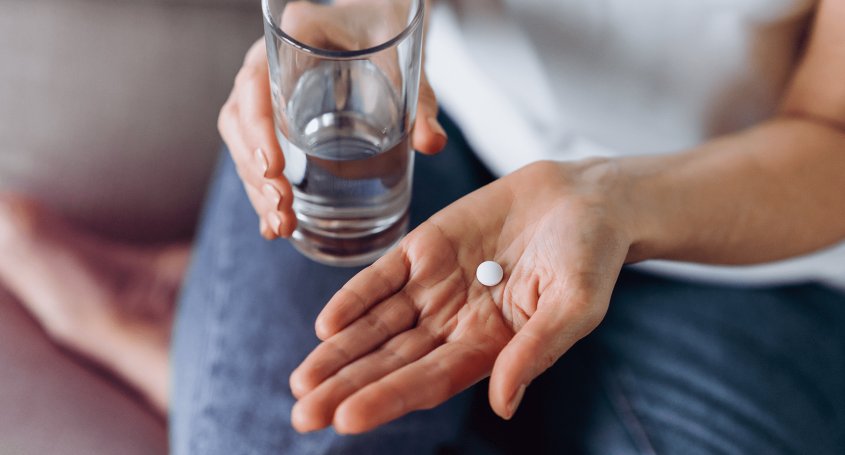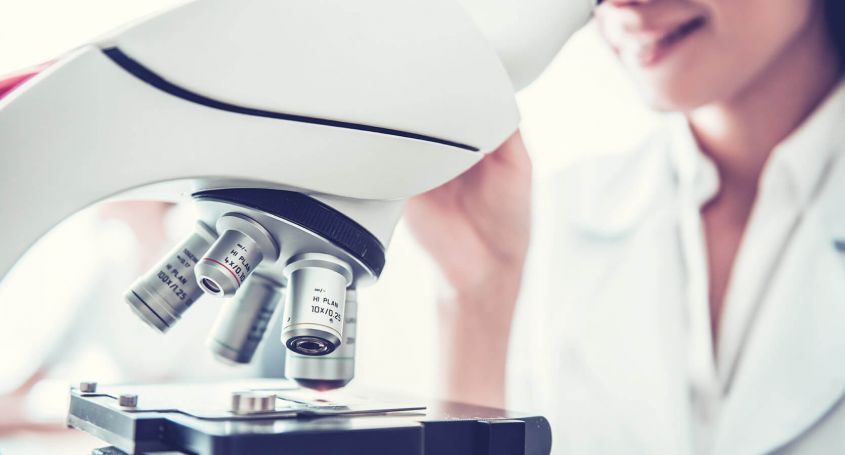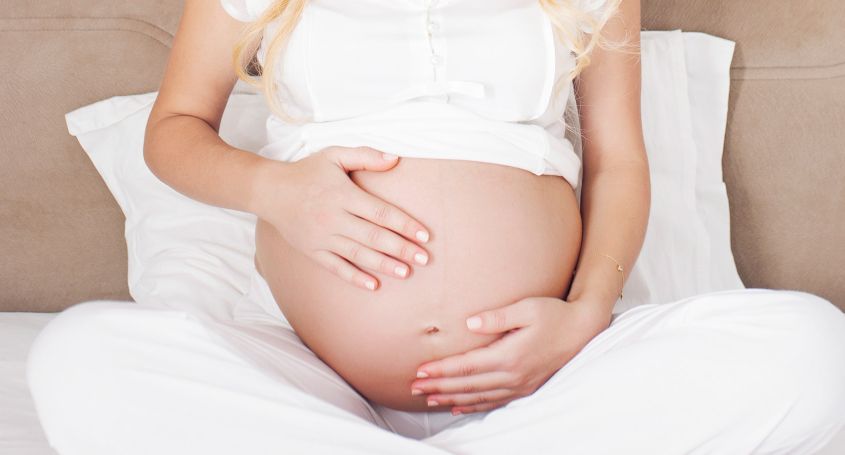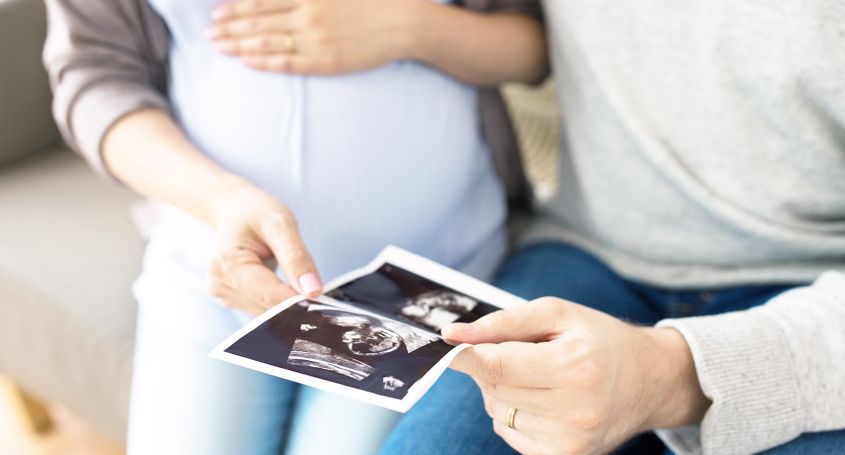Posted on Fox News
Couples who struggle to conceive could find baby-making help from antioxidants such as vitamin E and zinc, hints a new review of more than 30 studies.
The researchers focused on men who were subfertile - less fertile than average but still capable of making a baby - and found that those who took antioxidants were more than four times as likely to get their partners pregnant than subfertile men who did not take the supplements.
The New Zealand team stops short of saying that antioxidants actually improve fertility, however. More research is needed to be sure.
Subfertility affects one in 20 men and is responsible for half of delayed conceptions. Up to 80 percent of cases are thought to be due to the effects of oxidative stress on sperm cells, lowering both their numbers and their quality.
Oxidative stress happens when molecules known as free radicals, byproducts of cell metabolism, damage DNA and cells' ability to function. Antioxidants, including certain vitamins and nutrients, help to protect cells by stabilizing free radicals.
This has led some experts to wonder if antioxidants might help sperm stay swimmingly healthy.
"Oral supplementation with antioxidants may go some way to improve a couple's chance of conception," lead researcher Marian Showell of the University of Auckland, in New Zealand, told Reuters Health in an e-mail.
To see if the research to date backs up that idea, Showell and her colleagues reviewed 34 studies that involved nearly 3,000 couples undergoing fertility treatments, including in vitro fertilization and intrauterine insemination - two of the most commonly used methods of boosting conception odds when sperm-related issues are involved. Each study investigated the potential role of one or more antioxidants.
Based on 96 pregnancies among 964 couples in 15 of the studies, the researchers found that antioxidant use by the male partner increased the odds of conception four-fold.
Further, men taking antioxidants improved the likelihood of their partners giving birth to a live baby by a factor of five, the researchers report in The Cochrane Library. Only three of the studies contained data on live births, however.
"The findings of increased live birth rates with antioxidants are based on a total of only 20 births - a relatively small number," Dr. Mark Sigman of Brown University, in Providence, R.I., who was not involved in the review, told Reuters Health in an e-mail.
Sigman, whose research found no improvement in semen quality with the antioxidant carnitine, was cautious about making too much of the review's results.
The included studies did not use the same types or numbers of antioxidants, he added. As a result, the researchers could not determine the effectiveness of individual supplements.
In addition to oral supplements, antioxidants can be found in a range of foods, from cranberries to collard greens, tomatoes and mozzarella cheese.
Both Sigman and Showell cautioned that couples should not count on antioxidants to overcome their fertility challenges. Even if certain supplements prove effective, further research is needed to determine which couples could reap the specific benefits.
"It is unrealistic to think one treatment will be good for most couples," noted Sigman.
"There is no evidence that antioxidants cause harm," he added. "But since we also don't know which antioxidants or doses are beneficial, and none have FDA approval for infertility - consumers are left with purchasing these based on very limited data."














